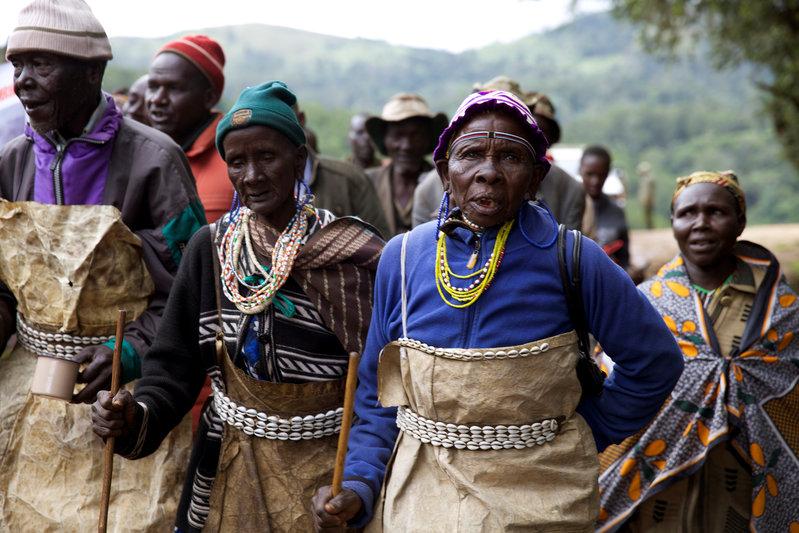The European Union (EU) on Wednesday, January 17, 2018 suspended a multi-million-euro project in the face of mounting evidence that its funds were being used to carry out violent human rights abuses.

The news came less than 24 hours after guards working from the EU-funded Kenya Forestry Service mounted a raid in Embobut Forest, where the Sengwer indigenous people live, shooting and killing 41-year-old Robert Kirotich and wounding another.
The EU Ambassador to Kenya, Stefano A. Dejak, has condemned the news, saying: “Yesterday’s shooting took place after we had formally alerted Kenya’s Government that the use of force by Kenya Forest Service guards in the Embobut Forest or elsewhere against innocent locals would lead the EU to suspend its financial support for conservation work on the country’s water towers. Accordingly we are now suspending the support to the Water Towers Programme with the Government of Kenya.”
In response to the news, Elias Kimaiyo, of the Sengwer, said: “This is the beginning of a first step in our land rights struggles. If they had listened to us (and we have been crying for a long time), then this would not have happened, and the funds could have been used in a constructive way to help conservation and not used in a violent way for human rights violations. It seems to have taken Robert Kirotich being sacrificed for these people to listen.
“That they suspend this money is good news, but the major thing is they come to the table and listen to us, and work together as we live peacefully on our lands, to make sure our human rights are respected and to let us conserve our lands in the ways we know well, with support from the Government, the Europeans themselves, and any other conservation agencies, provided that our land rights ownership are recognised.”
Earlier this week, three UN Special Rapporteurs wrote to the EU, urging them to suspend funding to the WaTER Project amid concerns about the ongoing human rights atrocities.
Dr Justin Kenrick, a senior policy advisor at Forest Peoples Programme, has been working with the Sengwer on their land rights issues. Speaking from Kenya, he said: “We welcome the fact the the EU has suspended the WaTER Project, but unless they help act swiftly to stop the evictions and violence, and to persuade the Ministry to adopt a rights-based approach then they are simply avoiding, rather than genuinely taking, responsibility for the harm they have been funding.
“The Sengwer are calling for these human rights abuses to stop immediately, and for an expert meeting to be urgently convened in Nairobi to establish a clear road map to change Ministry policy so it abandons this outdated, violent, counter-productive approach and adopts modern conservation methods that recognise Sengwer’s rights.
“A modern rights-based approach would protect communities’ rights, and enable state agencies to support the community in protecting their forests. It would also enable the Ministry to continue to receive substantial funding rather than scaring development partners away.
“The Sengwer of Embobut only wish to live in peace, and to have the right to practise their way of life, a way of life that strongly protects their forests. We need to urgently change what has been an appalling record of development partners funding for an approach that has been committed to human rights violations. The Africa Court ruling in May 2017 that the Ogiek of Mau were wrongly evicted, and the Special Rapporteurs’ call for an approach that respects human rights, have helped contribute to the tireless work and bravery of the communities as they seek to secure their human rights and protect their forests.”
